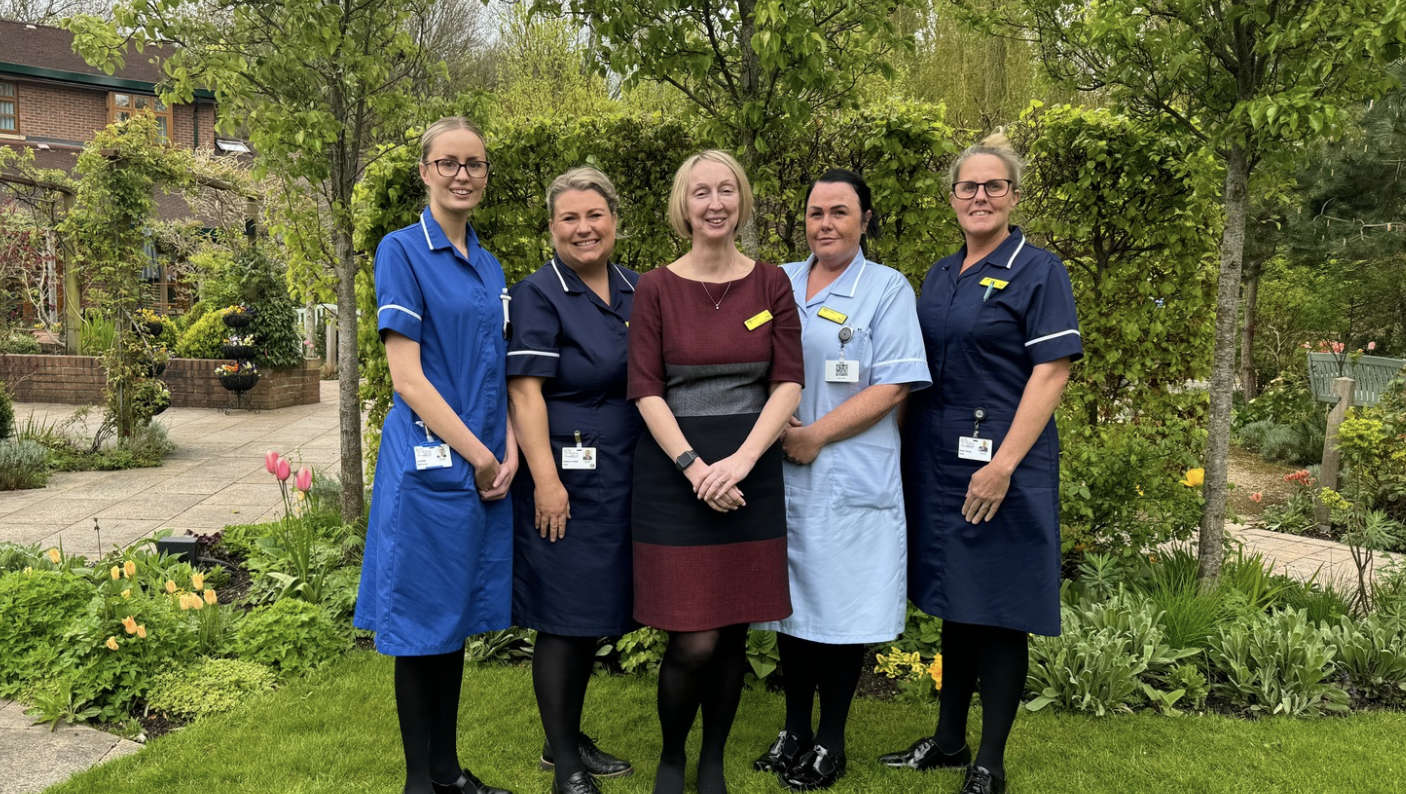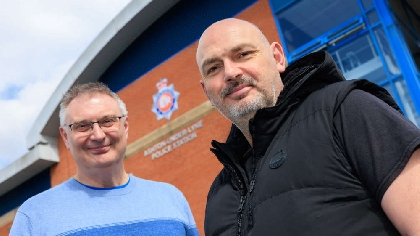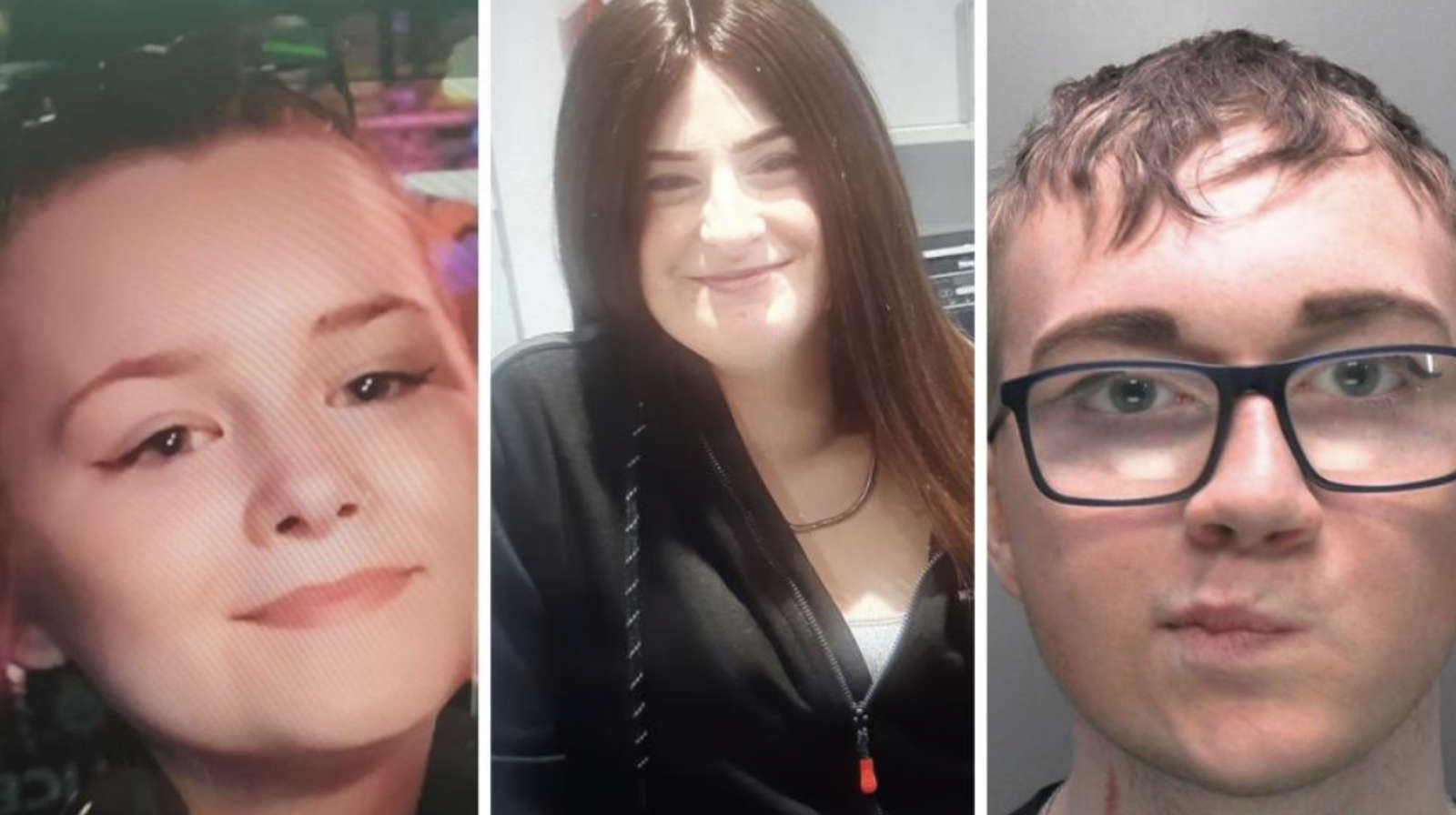Police expect an increase in anti-social behaviour as people socialise more in larger numbers as restrictions ease, but a chief inspector in Tameside says tackling it is "top of their neighbourhood priority list".
Gatherings of up to 30 people outdoors, and up to six people or two households indoors, are now permitted after Prime Minister Boris Johnson approved step three of the government's roadmap - despite concerns about the spread of the Indian variant of Covid.
With lighter nights and warmer weather on the way in the coming months, officers are braced for a rise in the number of anti-social behaviour incidents and have plans to deal with it.
"We will see an increase without a doubt," Lee Broadstock, Chief Inspector of Tameside district neighbourhoods, told us.
"Anti-social behaviour takes a number of different forms – it’s not just one thing, like a group of youths in a park. It could be anti-social behaviour by your neighbours, from noisy or speeding vehicles, or vehicles congregating.
“One of the tactics that we have to tackle anti-social behaviour as it increases during the warmer summer months is under the Operation Safe for Summer, which will start at the end of this month to coincide with the school holidays.
“It’s an increase of patrols but it’s also working with our partners, youth services, outreach officers and looking for diversionary activities for young people to stop them causing, and going on to cause, anti-social behaviour. It’s making sure there are facilities and activities for young people to get involved with. Some of the anti-social behaviour committed stems from youths not being occupied through long periods of holidays."
'Make sure you know where your kids are'
The chief inspector has some advice for parents about knowing where their children are and spoke of the importance of young people understanding the impact that even innocent behaviour can have on other members of the community.
“It’s very important that parameters are put out there for children and obviously that parents know where their children are and what they are actually doing when they are out and about," he said. "That’s part of the Safe for Summer message of making sure that parents set those parameters with an understanding of what they should be doing.
“Make sure you know where your kids are, make sure they understand what their behaviours can do and how their behaviours impact on others. My young child goes out in the street and meets up with his friends, but you have to realise the impact that can have if he’s hanging around on a street corner and how that can cause some people to feel concerned and raise concerns for them.
“It’s about young people understanding how what could be innocent behaviours can impact on others.”
How to report anti-social behaviour
There are a number of ways that residents can report anti-social behaviour, and police are encouraging people to use them.
"Most anti-social behaviour wouldn’t be reported by calling 999 because it’s not an ongoing immediate issue that puts someone’s life in danger. We have 101 which is a non-emergency number. I know 101 can cause some issues with long delays in actually getting through.
“When we’ve looked at the issues behind 101, the average call time is only five minutes – which seems like a long time but it’s not as long as has been reported. Some people say they can be on 101 for 30 minutes or more. That’s not the case – the average is five minutes.
“But what we have invested in in Greater Manchester is the online reporting. If you go on our website, there’s an easy link from the homepage where you can report an incident of anti-social behaviour or low-level crime. It hardly takes any time whatsoever and you don’t have to wait on the telephone to speak to someone.
“Pop in all of the information and that gets created straight away as an incident so we know about it and hopefully we can then respond to it. It is the much quicker way of reporting anti-social behaviour and then, from the policing perspective, we know about it straight away and we can then respond.
“People might think that when you fill out a form, it goes off into the ether via email and nothing happens to it. As I say, I reassure you that when you do the online reporting it does go straight through and gets created as an incident. But if you still want to have an interaction with someone, on the right-hand side of the page, there’s the option to live chat where you can chat with one of our radio operators and give them the information so they can create an incident straight away and provide you with an update of how we’re going to respond.”
The chief inspector was also keen to stress that anti-social behaviour is taken very seriously by police, who aim to respond to the main concerns raised by the communities they serve.
“Across our neighbourhood teams, we do look to identify what community concerns are and how we can tackle them and problem solve them," Chief Inspector Broadstock added.
"The issue that comes up time and time again is anti-social behaviour, so it is at the top of our neighbourhood priority list and we do take a lot of action to enforce that.”
Read more from the Tameside Reporter
Click here for more of the latest news
Click here to read the latest edition of the paper online
Click here to find out where you can pick up a copy of the paper


 Get Active this May for National Walking and Cycling Month
Get Active this May for National Walking and Cycling Month
 Willow Wood's new CEO maps out her first 100 days in post
Willow Wood's new CEO maps out her first 100 days in post
 Haul of illicit cigarettes and pouches of tobacco found in abandoned Droylsden vehicle
Haul of illicit cigarettes and pouches of tobacco found in abandoned Droylsden vehicle
 Police concerns grow for missing teens last seen in Ashton Asda
Police concerns grow for missing teens last seen in Ashton Asda


